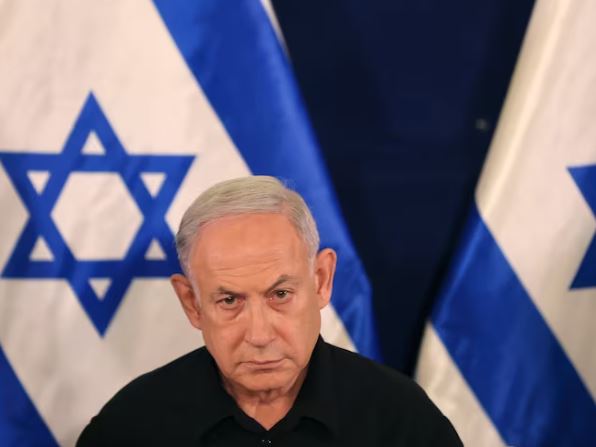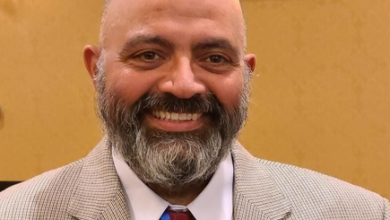Netanyahu Defends Military Actions in Gaza Amidst U.S. Concerns Over Hospital Attacks


Israeli Prime Minister Benjamin Netanyahu has staunchly defended the military’s operations in northern Gaza in the face of growing international scrutiny, particularly from the United States. This defense comes amid escalating tensions and concerns regarding the impact of military actions on civilian infrastructure, including hospitals.
The conflict in Gaza has seen a sharp increase in violence, with the Israeli military conducting a series of assaults in response to what they describe as threats from militant groups in the region. However, these operations have led to widespread damage and casualties, raising alarms about the humanitarian crisis unfolding in Gaza.
The U.S., a key ally of Israel, has expressed its unease regarding the attacks, especially those impacting hospitals. Hospitals are critical sanctuaries in any conflict, providing much-needed medical care to the wounded and vulnerable. The damage to these facilities not only disrupts essential health services but also violates international humanitarian norms.
Prime Minister Netanyahu’s defense of the military’s actions underscores the complex and often conflicting narratives at play in this long-standing conflict. While Israel asserts its right to defend itself against external threats, the collateral damage to civilian life and property, including medical facilities, poses serious moral and legal questions.
As the international community watches closely, the situation in Gaza remains fraught with tension. The need for a balanced approach that ensures the security of Israel while protecting the lives and rights of Palestinians in Gaza is more critical than ever. The growing concerns over the destruction of hospitals in Gaza signal a dire need for a reassessment of military tactics and a push for diplomatic solutions to prevent further humanitarian crises.





